The informal announcement of the VI Congress of the PCC, to be held in April, 2011, has been accompanied by the publication of the Draft Guidelines which summarize the topics to be covered at the most important meeting of the only party in Cuba. This document contains some positive aspects, especially those showing a clear understanding of the deep structural crisis that the country is experiencing and others, showing the direction the proposed solutions are headed. But its limitations, its unilateral and sectarian character, and the unjustifiable omission of matters of dire importance to the present and the future of the nation, have motivated us to comment on basic elements not considered by the top leadership of the PCC, without the inclusion of which it won’t be possible to make strides of any depth or speed.
Some of these fundamentals are:
* The project is a straitjacket made without consultation, designed to truncate debate about issues that affect all Cubans and cover all spheres of national life. It is the outline of an agenda that, in the absence of essential rights and freedoms of democracy, rules out the participation of citizens in its proposals.
* It is inconceivable for a political party to avoid political debate and at the same time to try to keep the economy subject to ideology, a method that has already demonstrated its unviability for over half a century.
* The current situation clearly reflects two possibilities: either the Cuban model is unachievable, or the government has failed in its application. Therefore, essential self-criticism must be imposed wherever failure of the model that the government has followed to date is officially recognized, and the governing body’s responsibility in its implementation.
* If the model failed, it is not wise to update it, but to change it, which would also imply a referendum to change the players.
* The measures the government has been proposing in recent years in order to reverse the critical national socio-economic plight are transitory, outdated and clearly inadequate, because they suffer from a lack of realism. The Cuban crisis will not be reversed as long as the effect that the applied conceptions regarding property issues have had on the failure of the model are not recognized, and until they are fundamentally changed. This should be coupled with the necessary inclusion of nationals in the proposed investment processes. Maintaining the system of excluding Cubans — far from enhancing productivity and economic progress — establishes an obstacle to productive development.
* Any attempt to improve the situation in Cuba goes through the full implementation of human rights in its indivisible nature, whose Covenants, signed in February of 2008, have not yet been ratified by the Government. The consummation of this achievement not only implies the unconditional release of all political prisoners, but in-depth legal modifications that tolerate the legalization of political dissent.
* We have already exceeded the time limit for the implementation of partial reforms. No reform in Cuba can be confined to the domestic economy sphere, since the crisis spans the whole system. It requires, therefore, proposals of a systemic nature that cannot derive exclusively from the ruling party that has not even proposed a new program to replace the previous one — fruit of the Third Congress of 1986 — failed and forgotten.
* Cuba is urged to overcome the philosophy of survival. People aspire to live and prosper, not to resist. Cubans have a right to prosper from the proceeds of their efforts. A ban on the demonization of prosperity must be imposed.
* Any new model that is proposed should emphatically proclaim the end of the so-called Special Period and the beginning of a period of normality, based on agreed-upon principles which can be relied on, as part of a new social pact.
* The Cuban government has implicitly acknowledged that the country is economically dependent on foreign capital. However, external assistance should only be subject to compliance with internationally recognized principles with respect to rights, and full people-participation, which, up to now, Cubans lack. Investors may not become rich as a result of the absence of rights in Cuba. Paradoxically, the violation of these principles obliterates the intentions to establish social justice stemming from the socialist system.
* The updated model proposed by the Government is not “a model for man” but calls, instead for “Man for a model.” Man is subordinated to the economic and ideological interests of the ruling party. By keeping the sacrificial status of individuals in this system it is clear that this is not a humanistic model.
* Economic advances are not possible if they are separate from exchange and free access to information. The government monopoly on information networks denies the potential of a people who achieved high levels of education and constitutes a violation of their rights.
* The absence of alternation, nepotism, and the lack of limits on the terms in public office become a brake on development. The responsibility in the face of failures, linked to the accumulation of interests on the part of a group established in power in perpetuity, also tends to perpetuate the Cuban crisis and makes the collapse of the system irreversible. Reality demands a reform in this plane so that the existence of other policy options will force the government to successfully fulfill its mission at the head of the nation’s destiny.
This manifesto is signed on December 1st, 2010 by:
- Dimas Castellanos
- Miriam Celaya
- Reinaldo Escobar
- Rogelio Fabio Hurtado
- Eugenio Leal
- Rafael León
- Rosa María Rodríguez
- Wilfredo Vallín
Independent journalist, independent union worker, and mechanical engineer, Miguel Galban Gutierrez is a dignified Cuban who was punished by the Castro tyranny or acting like a free man in a totalitarian land. He was condemned to the prisons of the island during the Black Spring, and now resides in Spain- free, but exiled. He has launched his own blog, “Desde el Destierro”, where he chronicles his painful prison experiences and the current events which transpire in Cuba.




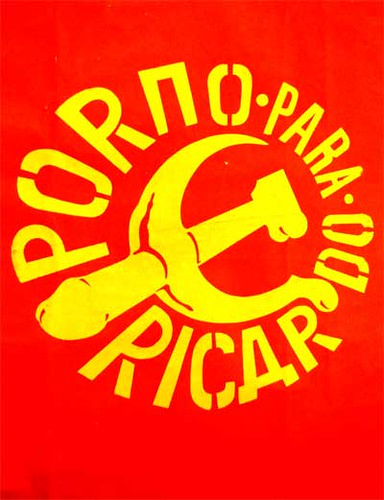
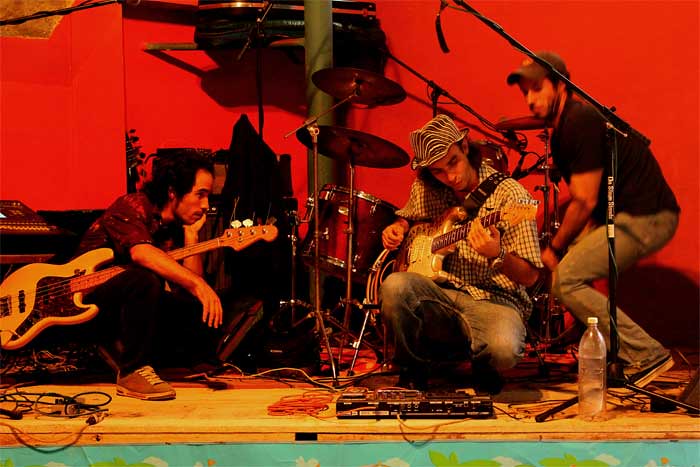
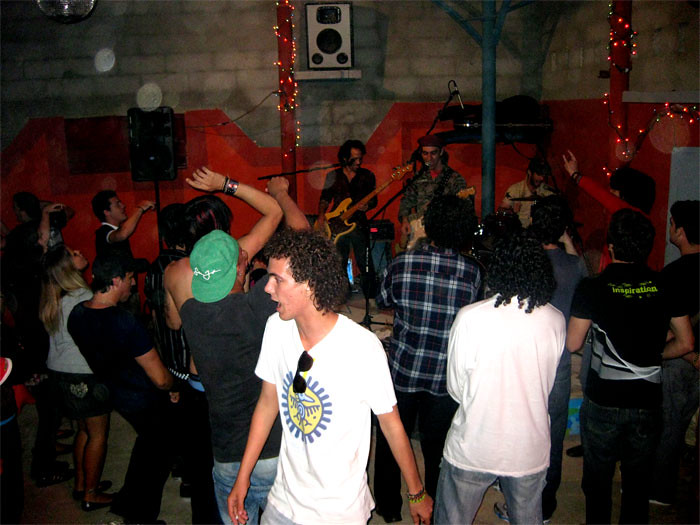
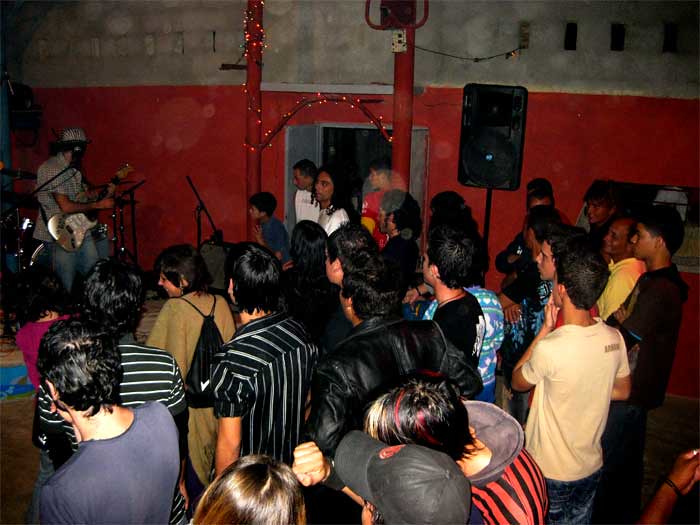
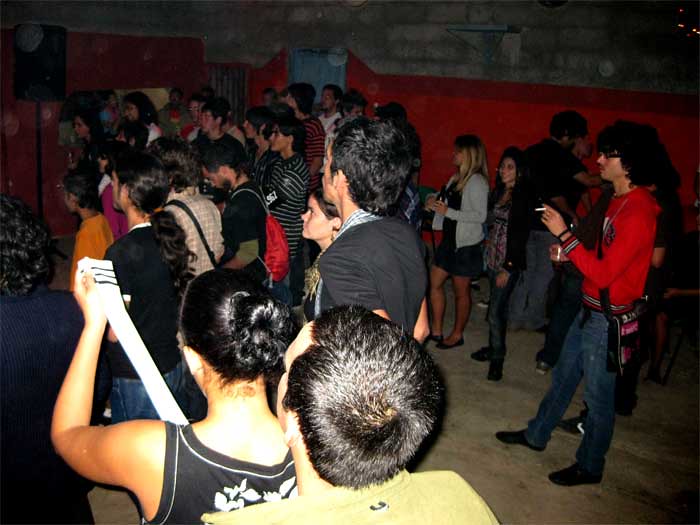
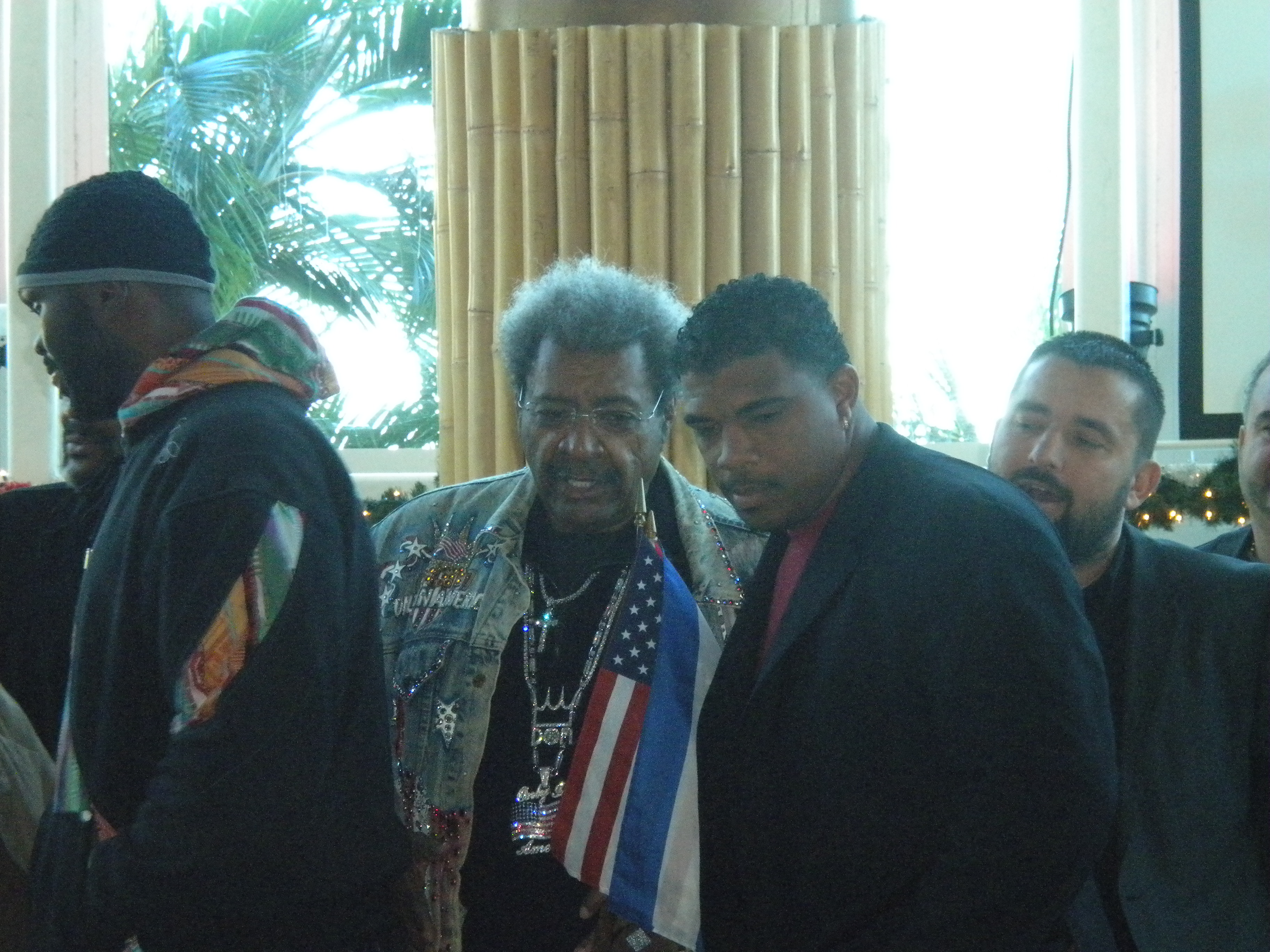
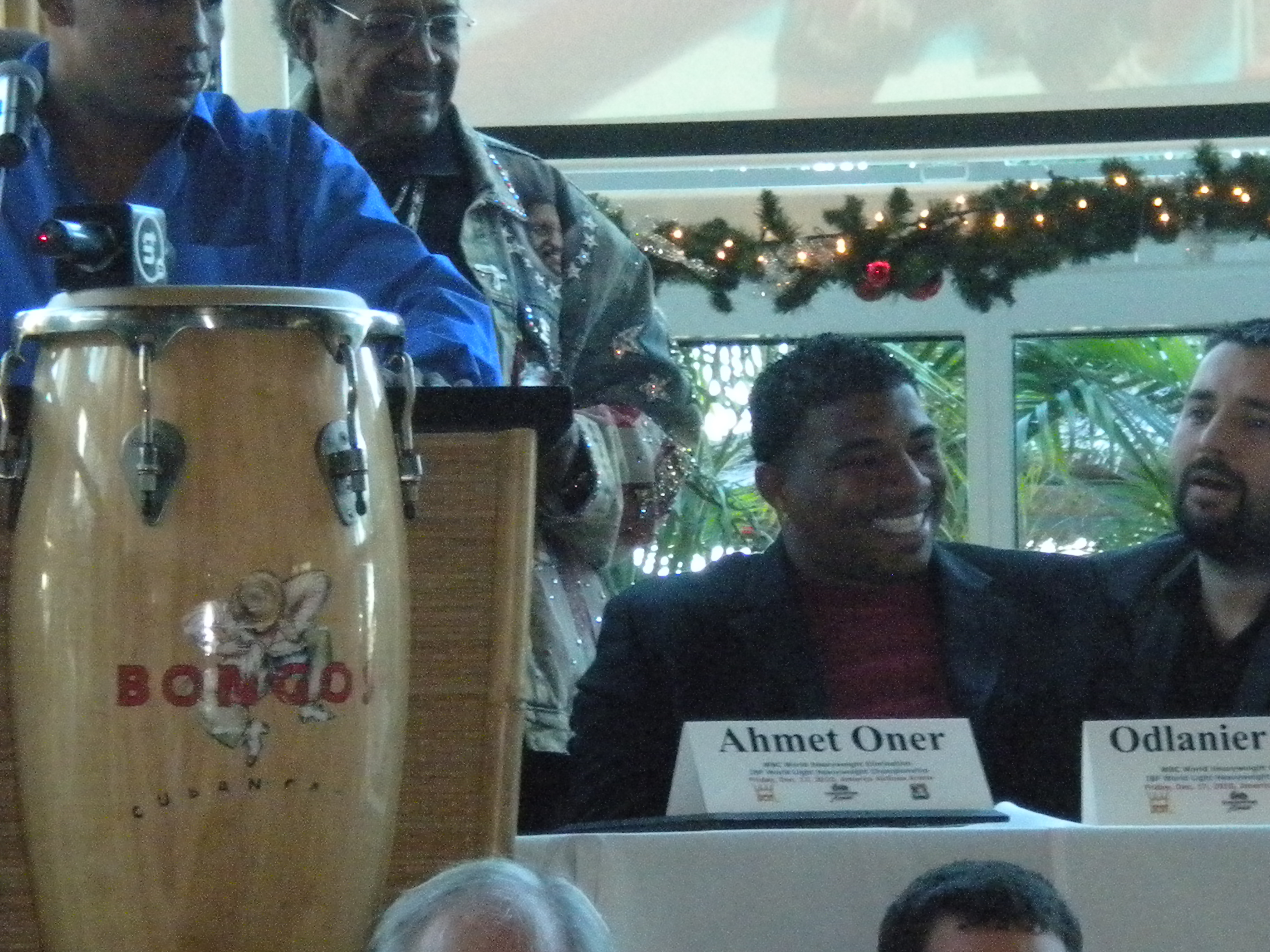
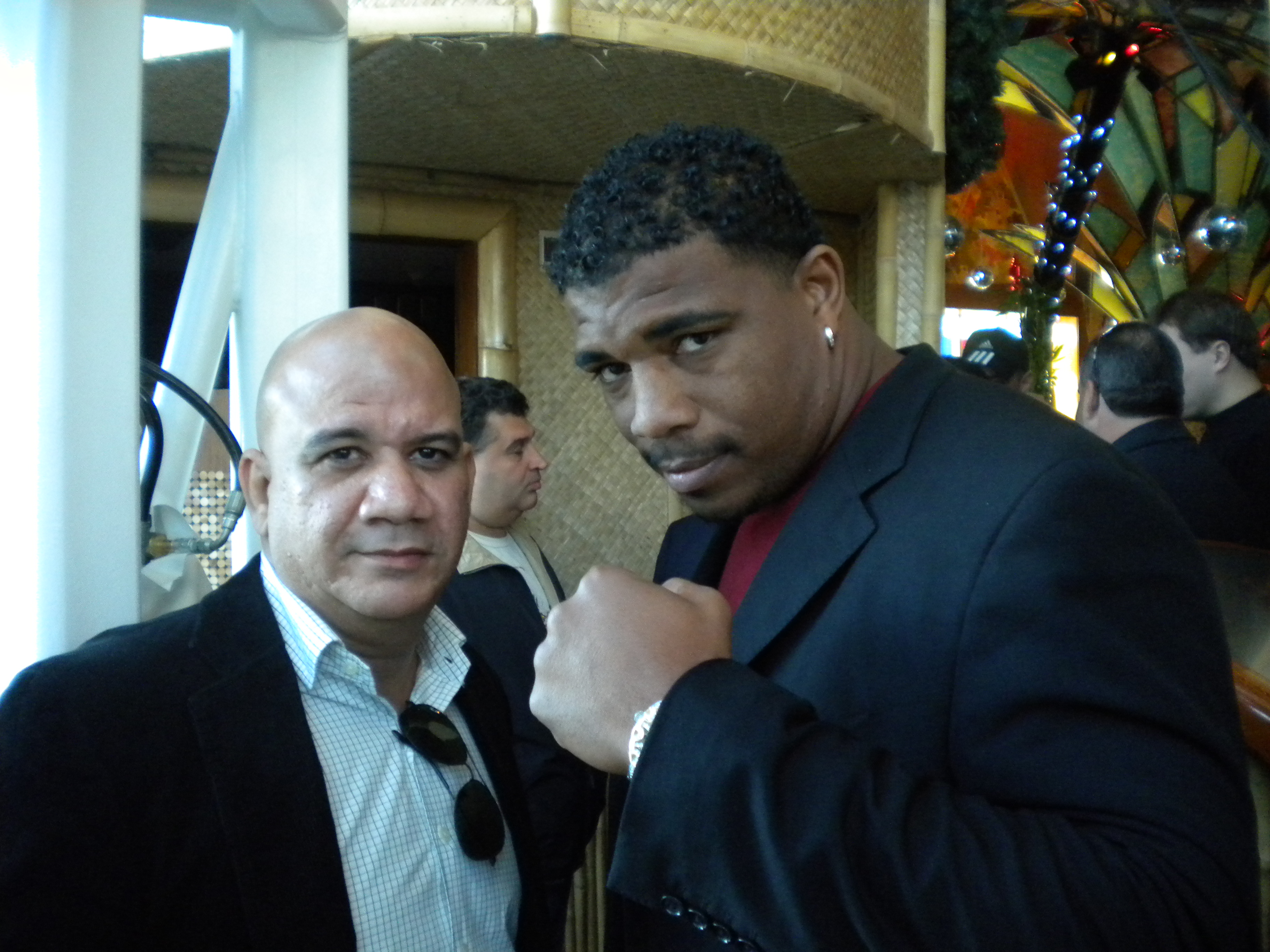
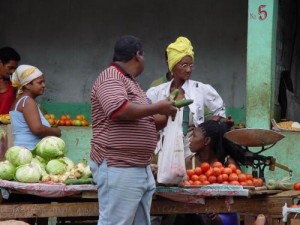 The newspaper Granma has called the meetings of country’s social sectors, to define what the economic model should be in future, an unprecedented and improbable event in the contemporary world.
The newspaper Granma has called the meetings of country’s social sectors, to define what the economic model should be in future, an unprecedented and improbable event in the contemporary world.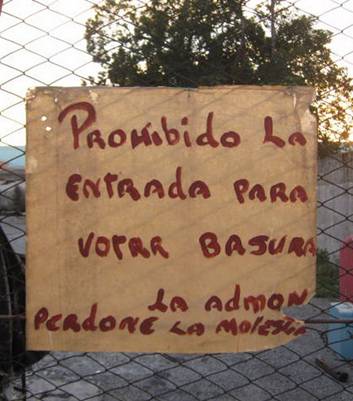
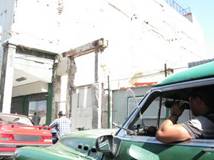
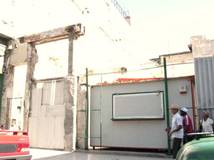
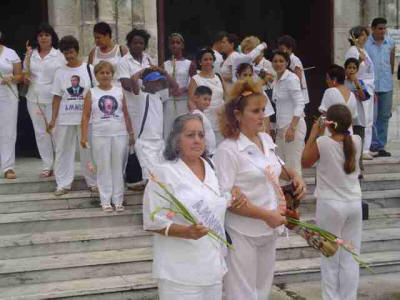 While the world celebrated Human Rights Day, in Cuba the government was repressing peaceful dissent and the Ladies in White. Some of us former political prisoners, exiled to Spain last summer, also raised our voices that day, in support of democracy, respect for the fundamental rights of all Cubans, and for the release of political prisoners and prisoners of conscience on the island.
While the world celebrated Human Rights Day, in Cuba the government was repressing peaceful dissent and the Ladies in White. Some of us former political prisoners, exiled to Spain last summer, also raised our voices that day, in support of democracy, respect for the fundamental rights of all Cubans, and for the release of political prisoners and prisoners of conscience on the island.